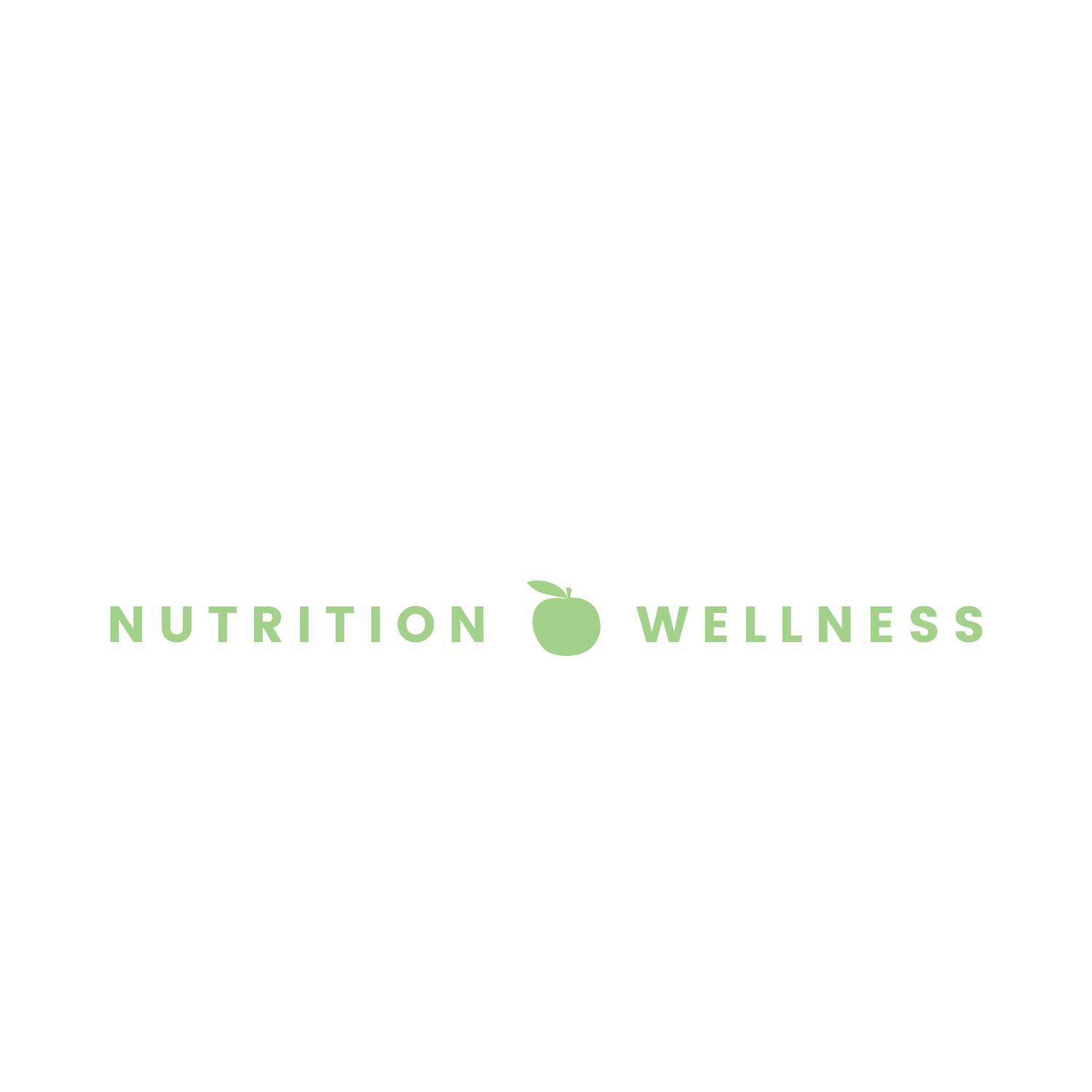How a Nutritionist Can Transform Your Gut Health: Expert Insights and Strategies
Introduction
Gut health plays a critical role in your overall well-being, influencing everything from digestion to mood and even your immune system. Yet, many people overlook its importance until they start experiencing uncomfortable symptoms like bloating, indigestion, or more severe conditions of poor gut health like irritable bowel syndrome (IBS). This blog explores how a gut health nutritionist or a registered dietitian can be a game-changer in optimizing your digestive health and addressing various gut-related health issues. But you might be wondering, “Can a nutritionist help with gut health?” The answer is a resounding yes. In this blog, we’ll dive into the expert insights and strategies that nutritionists use to transform gut health, offering you the knowledge and tools to take control of your digestive well-being.
The Role of a Nutritionist in Gut Health
Comprehensive Gut Health Assessment
A gut health nutritionist, or registered dietitian, begins by conducting a thorough assessment of your digestive system. This involves analyzing your dietary habits, medical history, and current symptoms to get a complete picture of your gut health. Whether you’re dealing with chronic gut issues, like irritable bowel syndrome (IBS) or occasional discomfort, this detailed evaluation helps identify the root causes of your gut health problems. By understanding your unique digestive challenges, a gut health dietitian nutritionist can develop a targeted plan to address them effectively, helping you improve your gut health and even lose weight as part of your broader health journey.
Personalized Gut Health Nutrition Strategies
No two digestive systems are the same, which is why a one-size-fits-all approach doesn’t work for gut health. Registered dietitians specializing in gut health create individualized nutrition plans tailored specifically to your needs.
Whether you need to manage IBS symptoms, reduce bloating, or identify food intolerances, a personalized nutrition plan ensures that you’re addressing the specific triggers that impact your gut health. This might include adjusting your diet to incorporate more gut-friendly foods or eliminating trigger foods that are causing discomfort and disrupting your gut health. For many, these strategies also support weight loss as a beneficial side effect of improving overall digestive health.
Guidance on Elimination Diets for Gut Health
Elimination diets are a powerful tool for identifying and managing food intolerances or allergies and identifying trigger foods that may be affecting your gut health and gastrointestinal tract. A gut health dietitian guides you through this process, helping you systematically remove potential trigger foods from your diet and gradually reintroduce them to see how your body and gut health react. This methodical approach can be crucial in pinpointing specific foods that are negatively impacting your gut health and digestive tract.
Ongoing Support and Monitoring
Improving gut health isn’t a one-time fix; it’s an ongoing journey. A gut health nutritionist provides continuous support, including regular follow-ups, adjustments to your meal plan, and monitoring your progress over time. This ensures that as your body heals and your gut health improves, your nutrition plan evolves to meet your changing needs.
Education and Empowerment
Beyond just offering dietary advice, gut health nutritionists educate you about the connection between your diet and your gut health. Understanding how certain foods affect your gut empowers you to make informed choices that support long-term gut health. This education is key to sustaining the improvements you achieve, ensuring that you can maintain a healthy gut for years to come.
If you’re struggling with gut health issues and need personalized strategies to address them, consider booking a complimentary call with me. Together, we can develop a plan tailored to your unique needs and set you on the path to optimal digestive health.
Key Nutrients and Foods for Gut Health
Probiotics and Prebiotics:
Probiotics and prebiotics are essential for maintaining a healthy gut. Probiotics are beneficial bacteria that help balance the gut microbiome, while prebiotics are the fibers that feed these good bacteria. According to studies, probiotics have been shown to improve digestive health by replenishing the gut with beneficial bacteria, which can aid in reducing symptoms of various digestive issues, including irritable bowel syndrome (IBS) and diarrhea. Harvard Health discusses the numerous health benefits of taking probiotics, highlighting their role in gut health and overall digestive wellness.
Probiotic-rich foods:
Yogurt
Kefir
Sauerkraut
Kimchi
Prebiotic-rich foods:
Garlic
Onions
Bananas
Asparagus
Including these foods in your diet can boost your gut health, ensuring your gut microbiome remains balanced and healthy.
Fiber-Rich Foods
Dietary fiber plays a crucial role in promoting gut health. Fiber helps regulate digestion by adding bulk to stools and promoting regular bowel movements, which is vital for a healthy digestive tract. High-fiber foods are excellent for supporting gut health, helping to prevent constipation, reduce the risk of digestive disorders, and maintain a balanced and healthy gut microbiome.
High-fiber foods:
Whole grains
Beans
Fruits
Vegetables
By including these fiber-rich foods in your diet, you can significantly improve your gut health and ensure your digestive system functions smoothly.
Anti-Inflammatory Foods
Chronic inflammation in the gut can lead to a range of other digestive problems and issues, from discomfort to more serious conditions like irritable bowel syndrome (IBS). Anti-inflammatory foods can help reduce this inflammation and support overall gut health. According to Harvard Health, certain foods are particularly effective in fighting inflammation, making them essential for maintaining a healthy digestive system and promoting gut health.
Anti-inflammatory foods:
Salmon (rich in omega-3 fatty acids)
Walnuts
Flaxseeds
Turmeric
Ginger
Leafy greens
Incorporating these anti-inflammatory foods into your diet can enhance your gut health by combating inflammation in the digestive tract and supporting overall well-being.
Hydration and Gut Health
Staying hydrated is often overlooked but is essential for maintaining gut health. Water aids in digestion by helping to break down food so that your body can absorb the nutrients. It also keeps the digestive tract moving smoothly, preventing constipation and other digestive issues. According to a study published in the National Institutes of Health, adequate hydration is crucial for maintaining the integrity of the gut mucosal lining and supporting overall digestive function. Ensuring you drink enough water throughout the day is a simple yet effective way to support your gut health.
To further support your gut health journey, especially if you're dealing with IBS, you can download my free FODMAP Guide here. This guide will help you navigate your diet with a focus on managing and improving IBS symptoms.
Addressing Common Gut Health Concerns
Gut health plays a vital role in your overall quality of life, and many individuals face various gut-related health concerns that can significantly impact their daily well-being. Consulting with a registered dietitian can provide valuable insights and personalized strategies to manage these issues effectively. Below are some common gut health concerns that a gut health nutritionist or registered dietitian can help address:
Irritable Bowel Syndrome (IBS) and Other Gut Issues
IBS and similar gut issues can cause a range of uncomfortable symptoms, including bloating, cramping, and irregular bowel movements. A registered dietitian nutritionist can help identify triggers, and lifestyle factors such as specific foods or stress, and develop a tailored nutrition plan to manage these symptoms and improve your quality of life.
Acid Reflux
Acid reflux is another common digestive issue that can lead to discomfort and long-term damage to the esophagus if left untreated. Through dietary adjustments and lifestyle changes, a gut health nutritionist can help reduce the frequency and severity of acid reflux, enhancing your overall digestive health.
Food Intolerances and Allergies
Identifying and managing food intolerances is essential for maintaining good gut health. A registered dietitian nutritionist can guide you through elimination diets and other methods to pinpoint specific intolerances, helping to alleviate symptoms and improve your quality of life.
Chronic Inflammation and Digestive Disorders
Chronic inflammation in the gut can lead to more serious digestive disorders, impacting your overall health. By incorporating anti-inflammatory foods and other dietary strategies, a gut health nutritionist can help manage and reduce inflammation.
Addressing these common gut health concerns can make a significant difference in your overall well-being.
Gut Health Supplements
Popular Gut Health Supplements
In addition to a balanced diet, certain supplements can play a significant role in supporting gut health. Some of the most commonly recommended gut health supplements include:
Probiotics
These are live bacteria that help maintain the balance of good bacteria in the gut. Probiotics can be particularly helpful in managing conditions like irritable bowel syndrome (IBS) and other digestive issues by replenishing beneficial bacteria in the gut microbiome, helping you achieve your digestive health goals.
Prebiotics
Prebiotics are non-digestible fibers that feed the beneficial bacteria in your gut, helping them thrive. These fibers support a healthy gut microbiome, working in tandem with probiotics to promote overall gut health. By including prebiotics in your diet or supplement routine, you can enhance the effectiveness of probiotics and improve digestive function.
Digestive Enzymes
These supplements aid in the breakdown of food, making it easier for your body to absorb nutrients. Digestive enzymes can be beneficial for those with conditions like lactose intolerance or pancreatic insufficiency, where the digestive system struggles to produce enough enzymes naturally.
Peppermint Oil
Peppermint oil is known for its soothing effects on the digestive system. It can help alleviate symptoms of IBS, such as bloating and abdominal pain, by relaxing the muscles of the gastrointestinal tract. Peppermint oil supplements are often recommended as part of a comprehensive gut health strategy to reduce discomfort and improve digestive health.
Choosing the Right Supplements
Selecting the right supplements for your gut health should be based on your individual needs, which is why consulting with a gut health nutritionist is important. For example, someone with IBS might benefit more from a targeted probiotic strain, while another person might need digestive enzymes due to a specific deficiency in their digestive system. With personalized, professional guidance, I can help you navigate the options and choose the supplements that will best support your unique gut health concerns and needs.
Safety and Efficacy
When considering gut health supplements, it’s important to keep safety and efficacy in mind. Not all supplements are created equal, and some may have potential side effects or interactions with other medications. Consulting with a gut health nutritionist or a registered dietitian ensures that you’re choosing high-quality supplements that are both safe and effective for your digestive health. It’s also important to follow recommended dosages and be aware of any potential side effects, such as digestive discomfort or allergic reactions, that might arise from supplement use. Understanding these factors can help prevent adverse health issues and ensure the supplements contribute positively to your gut health.
What to Ask During Your First Consultation with a Gut Health Nutritionist
Meeting with a gut health nutritionist or gut health dietitian for the first time is an important step in your health journey. During this initial consultation, your medical history will play a crucial role in shaping your personalized nutrition plan. To make the most of your consultation, it's essential to ask the right questions. Here are some key questions to consider and why they’re important:
"What is your experience with gut health issues like mine?"
It’s important to know if your gut health dietitian has specific experience with your particular gut health concerns, whether it's IBS, acid reflux, leaky gut, or food intolerances. Their experience will directly impact the effectiveness of the strategies they recommend. Asking this question ensures that you’re working with someone who understands your unique needs and has successfully helped others with similar issues.
"How will you personalize my nutrition plan?"
Since no two digestive systems are the same, it's crucial to ask how the gut health dietitian will tailor your plan to your specific needs. A personalized plan is more likely to address your individual triggers, dietary preferences, and health goals. This question helps you understand the approach your dietitian nutritionist will take to ensure that your plan is both effective and sustainable.
"What kind of follow-up support do you offer?"
Gut health improvement is an ongoing process, so it’s important to ask about the type and frequency of follow-up support the gut health dietitian provides. Regular check-ins, meal plan adjustments, and progress monitoring are essential for long-term success. Knowing what support is available can help you stay committed and on track throughout your health journey.
"Can you help me with weight loss while improving my gut health?"
If weight loss is one of your goals, it’s important to ask how the nutritionist can help you achieve this while also addressing your gut health issues. Many gut health strategies can also support weight loss, but it’s important to ensure that both objectives are aligned in your nutrition plan. Your gut health dietitian may suggest strategies such as meal planning, keeping a symptom journal to track how different foods affect your gut, and incorporating gut-friendly foods that also promote weight loss. This question will help you understand how the dietitian nutritionist can integrate these goals into a cohesive strategy.
"What are the potential costs, and does insurance cover your services?"
Understanding the financial aspect of working with a gut health nutritionist is crucial. Ask about the costs of consultations, any recommended supplements, and whether your insurance might cover part of the services. This information helps you plan financially and ensures there are no surprises later on.
"What supplements do you recommend, and why?"
Since supplements can play a significant role in managing gut health, ask your nutritionist about any they might recommend. It’s important to understand why they suggest specific supplements, how they’ll benefit your gut health, and any potential side effects. This question ensures that you’re fully informed about what you’re putting into your body.
"How can I track my progress?"
Monitoring your progress is key to staying motivated and seeing results. Ask your nutritionist about the tools or methods they recommend for tracking your gut health improvements, such as food diaries, symptom journals, or regular check-ins. This will help you stay engaged and aware of the changes happening in your body.
Conclusion
Gut health is a cornerstone of overall well-being and quality of life, affecting everything from your digestive system to your immune response and even your mental health. Throughout this blog, we’ve explored how a gut health nutritionist can play a vital role in assessing and improving your gut health through comprehensive evaluations, personalized nutrition strategies, guidance on elimination diets, and ongoing support. We also discussed the importance of key nutrients, foods, and supplements that support a healthy gut, including probiotics, prebiotics, fiber, and anti-inflammatory foods. Staying hydrated is another crucial aspect that should not be overlooked.
If you’re experiencing digestive issues or are simply looking to improve your gut health, it may be time to consult with a gut health specialist or nutritionist. I offer personalized guidance and tailored strategies to help you achieve optimal digestive health. Book a complimentary call with me today to discuss how we can work together to address your unique gut health needs and improve your overall well-being.
Taking care of your gut health is an investment in your long-term health and happiness. By making informed dietary choices, staying hydrated, and considering the right supplements, you can significantly improve your digestive system's function and overall health. Remember, better gut health leads to better overall health, so take the first step towards a healthier you by prioritizing your gut today.







